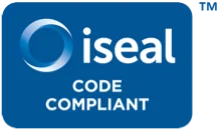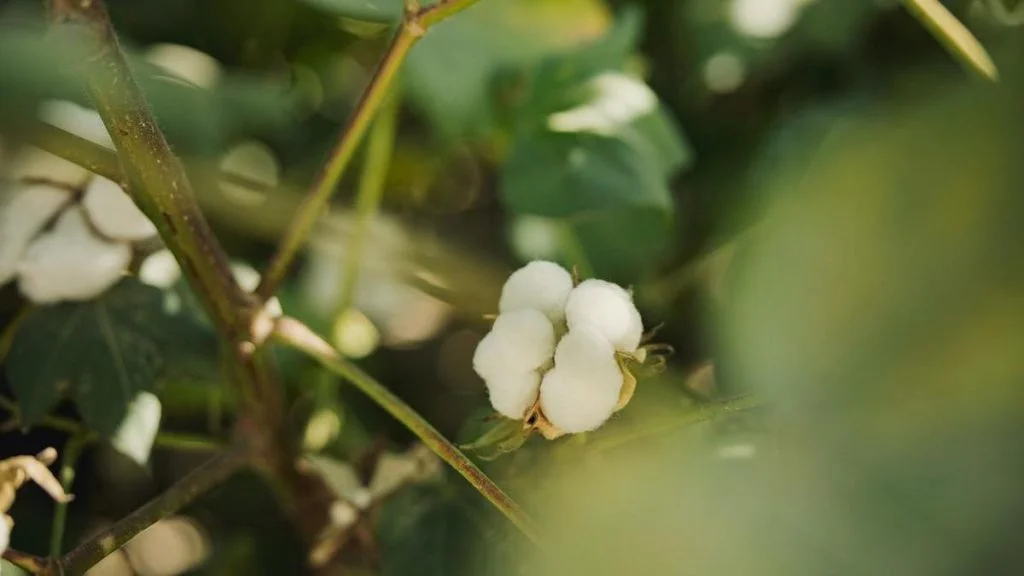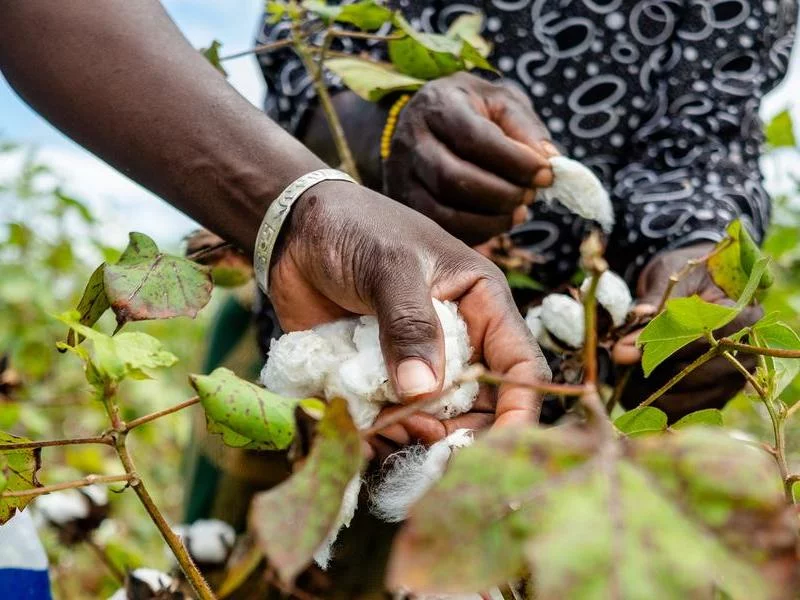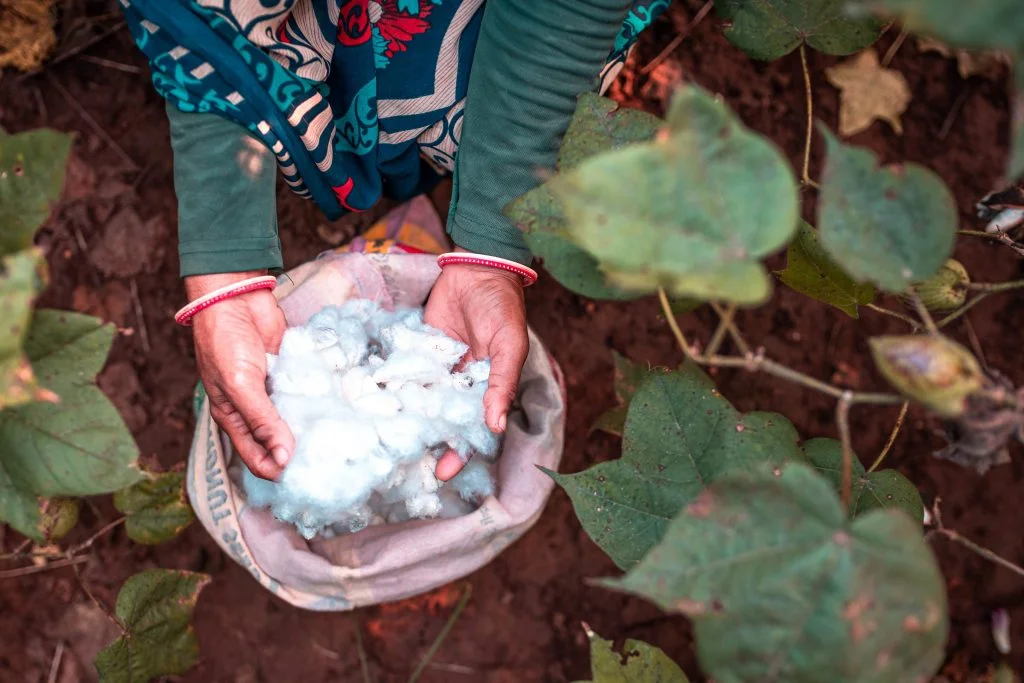An effective assurance system is an essential part of any sustainability programme. Assurance refers to the measures put in place to ensure that something meets a certain performance level. Think of it as a quality check — there to make sure everything is running up to standard.
The Better Cotton Initiative (BCI) farm-level assurance programme ensures that farms and farmer groups meet all the requirements of the BCI Principles and Criteria (P&C) before they can be certified and approved to sell BCI Cotton.
What Makes Our Approach Unique
The Better Cotton Initiative’s approach to producer monitoring and certification is unique from many other standard systems in two regards. Firstly, it aims to balance credibility with scalability and cost-effectiveness, through combining third-party certification with first and second-party monitoring. This includes monitoring visits from BCI Country Teams, support visits by Programme Partners and regular self-assessments by Producers themselves.
Secondly, the model puts a strong emphasis on capacity strengthening and continuous improvement. Producers are required to focus on sustainability improvements in order to maintain their certification. First and second-party assurance focuses not only on compliance but also on identifying areas where further support or capacity strengthening is needed.
Farm Certification
As of January 2025, BCI is a certification scheme. Therefore, producers going through their first audit to the BCI Principles and Criteria will be certified under the P&C monitoring and certification requirements. Until 2028, licensees transitioning to certification may also be approved to sell BCI Cotton and these processes are covered in the Assurance Manual for Licensees.
Gins are not covered within farm certification – for details of monitoring and certification of gins, all other supply chain actors and retail brands please click here.
Useful Resources
- List includes cancelled licenses and certificates from the past 5 seasons;
- Producer must have had an active license/certificate before cancellation;
- Producer must not have had an active license/certificate since cancellation;
- Reasons for cancellation of a license/certificate include not participating, withdrawing, systemic non-conformity raised, etc.;
- In the case of Producers who had their license suspended before finally being cancelled, the season of suspension is recorded here.
These documents are only to be used for licensees undergoing the surveillance process. For certificate holders, the appeals process is covered in the General Certification Requirements.
BCI Appeals Submission Form for Large Farms
Variations are requests for deviation from BCI processes and derogations relate to a deviation from the BCI Principles and Criteria. The process to apply for and for review of such applications is explained in the relevant document – BCI Assurance Manual for Licensees and BCI P&C monitoring and certification requirements.
Variations are submitted by Producers to BCI using this form.
See the Highly Hazardous Pesticide (HHP) Exceptional Use Process here and the HHP Exceptional Use Decisions taken under this process here.
Derogations to the P&C are only considered in exceptional circumstances as per the below processes:
Credibility


The Better Cotton Initiative is ISEAL Code Compliant. That means our system, including our Assurance Programme, has been independently evaluated against ISEAL’s Codes of Good Practice.
For more information, see isealalliance.org.
Learn More
For any enquiries, please use our contact form.
For information about the assurance model changes, please refer to our FAQs.
Find relevant Assurance Programme documents using the resources section.











































